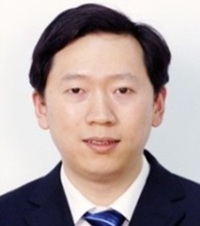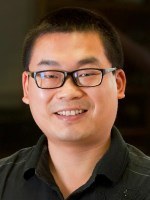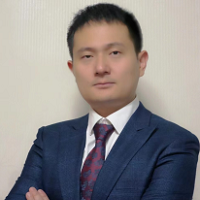
MAES Keynote Speakers_2025

Prof. Mingwei Zhang, State Key Laboratory of Air Traffic Management System, China
Zhang Mingwei, research fellow and deputy chief engineer at Nanjing Research Institute of Electronic Engineering (NIREE), serves as executive deputy director of the State Key Laboratory of Air Traffic Management System, and committee member of the National Technical Committee for Standardization of Air Transportation (TC464). With long-term dedication to overall design, technological innovation, and top-level planning of Air Traffic Control(ATC) automation systems, he has led more than 10 national major research and engineering projects in ATC field. His notable leadership roles include: serving as chief system designer for Shenyang and Urumqi large regional ATC centers' primary ATC automation systems, project director for Beijing Daxing international airport's ATC automation system, and technical director of national air traffic flow management system. He has been awarded 7 provincial/ministerial level scientific and technological progress awards, including 1 first-class scientific and technological progress award in Jiangsu province and 1 special prize for scientific and technological progress award from the China Electronics Technology Group Corporation (CETC). Additionally, he has published 12 high-impact academic papers and been granted over 30 national invention patents.

Prof. Zhiyong Chen, The University of Newcastle, Australia
Zhiyong Chen received the B.E. degree in automation from the University of Science and Technology of China, Hefei, China, in 2000, and the M.Phil. and Ph.D. degrees in mechanical and automation engineering from the Chinese University of Hong Kong, in 2002 and 2005, respectively. He worked as a Research Associate at the University of Virginia, Charlottesville, VA, USA from 2005 to 2006. In 2006, he joined the University of Newcastle, Callaghan, NSW, Australia, where he is currently a Professor. He was also a Changjiang Chair Professor with Central South University, Changsha, China. His research interests include nonlinear systems and control, networked systems, and reinforcement learning. Dr. Chen is/was an Associate Editor of Automatica, IEEE Transactions on Automatic Control, IEEE Transactions on Neural Networks and Learning Systems, and IEEE Transactions on Cybernetics.
Speech Title: Adaptive Autonomous Synchronization of Multi-vehicle Systems
Abstract: In this talk, we introduce a new type of synchronization problem for heterogeneous multi-vehicle systems, called autonomous synchronization. Unlike traditional synchronization, neither the synchronized dynamics nor the synchronized states are predefined. Instead, they emerge autonomously based on the vehicle' inherent properties and initial states, providing greater adaptability and improving synchronization efficiency. To achieve this, we propose a novel control law and establish the necessary and sufficient conditions, particularly when the synchronized dynamics are unstable. Additionally, we present an adaptive, fully distributed control scheme that operates without relying on network topology. This approach is well-suited for tasks like deploying a swarm of drones over disaster areas to quickly locate survivors and assess damage. The exponentially diverging trajectories allow the swarm to cover large areas rapidly, while synchronization ensures reliable cooperation among drones.

Prof. Liang Yu, Northwestern Polytechnical University, China
Liang Yu is a full professor at Northwestern Polytechnical University. Prof. Yu has authored nearly 200 publications in the domain of "Acoustic Perception and Intelligent Information Processing in Mechanical Equipment," with a significant portion published in esteemed international SCI journals, including MSSP, JSV, and TIM. Throughout his career, he has successfully led three projects funded by the National Natural Science Foundation of China (NSFC) and over 20 projects sponsored by provincial, ministerial, and industrial entities. Prof. Yu plays an active role in the international academic community, serving as a member of the organizing committees for four prestigious international conferences: ICICSP, MEAE, ICMIE, and MAES. He has also been honored with the position of conference chair for the 2024 International Conference on Mechanical Engineering and Aerospace Engineering. His expertise and insights have been showcased through invited plenary speeches at two international conferences. Furthermore, Prof. Yu maintains a strong presence in the academic publishing sphere, serving as a reviewer for 34 domestic and international journals and as a guest editor for four special issues.
